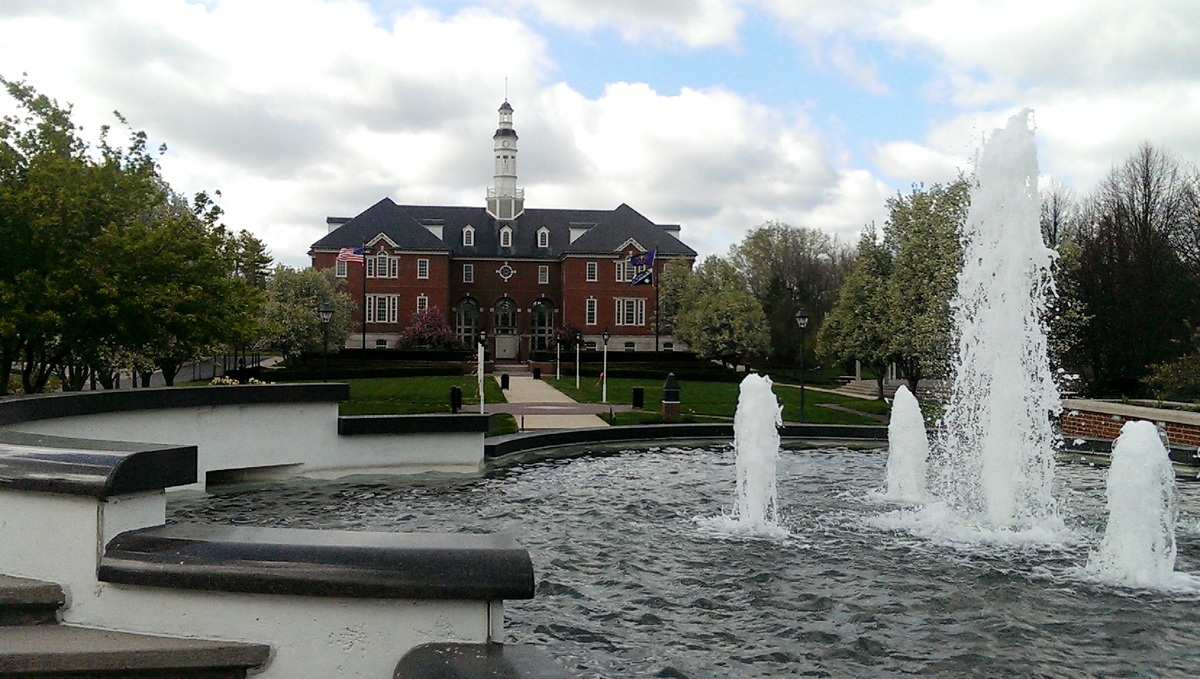The Carmel City Council on Dec. 7 voted down a proposal to limit speaking time for the general public to three minutes each at council meetings.
The vote was 3-3, but councilor Ron Carter and Mayor Jim Brainard were absent. Both had previously expressed support for the proposal. Councilors Rick Sharp, Luci Snyder and Eric Seidensticker voted against the proposed ordinance.
Many voiced support for a time limit after several recent council meetings saw public comment portions lasting two or three hours because of controversy surrounding an anti-discrimination ordinance, which ultimately passed. At one meeting, council president Rick Sharp instituted a time limit to expedite proceedings.
Some wanted to make a three-minute time limit permanent.

“Three minutes is a long time to talk,” Councilor Kevin “Woody” Rider said. “If you have to write a three-minute speech it’s painful. It’s a lot of words. To say that it’s limiting someone’s freedom of speech, that’s a scare tactic. If you can’t make your point in three minutes, you can’t make it in 30 minutes because people are falling asleep.”
Sharp, who voted against the proposal, said he thinks time limits should only be used in special circumstances and that in his 12 years on council he only can recall a few times someone abused the pulpit. Furthermore, he said it might be difficult for an inexperienced public speaker to make their point succinctly, but all opinions should matter nonetheless.
“We are representing all of the people of Carmel, not just the polished speakers,” he said.
Councilor Luci Snyder said it’s part of the council’s job, “to listen to the people who pay their taxes to support this government.”
“I think our freedoms are being nibbled at,” Snyder said. “I think freedom of speech counts and it matters.”
Councilor Sue Finkam said the proposal is meant to prevent scenarios where one or two speakers dominate the meeting and take up so much time during the public comment session that other interested speakers are forced to leave before they have time to speak. Additionally, the council or audience could be so worn out from longer speakers that other later speakers don’t get the attention that they deserve.
“It allows for more input, not less,” she said.



